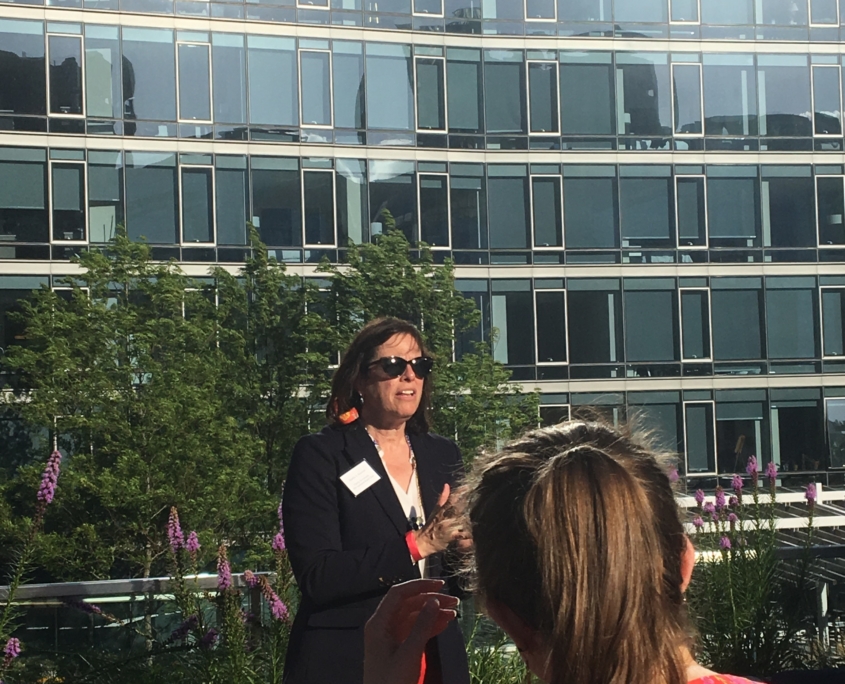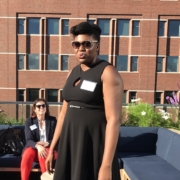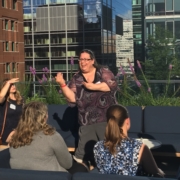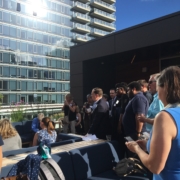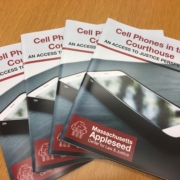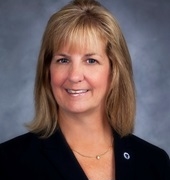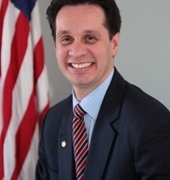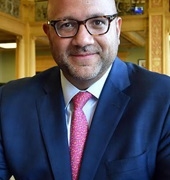For Immediate Release

Jessica L. Ellis, Hearing Officer at the Department of Public Utilities
Boston, MA – The Massachusetts Appleseed Center for Law and Justice welcomed Jessica L. Ellis, a Hearing Officer in the Legal Division at the Department of Public Utilities, and Samuel R. Gates, an Associate at Pierce Davis & Perritano LLP, to its Board of Directors on November 27, 2018. The Massachusetts Appleseed Center, a non-profit organization that advocates for systemic reform in areas such as education, youth homelessness, and access to justice, is pleased to have Ms. Ellis and Mr. Gates, two enormously talented attorneys, join the organization.
“One of our long-time Board members who is stepping down, Kristen Graves, referred Jessica and Sam to us, and we could not be happier to invite them to join the Board,” said Martha Mazzone, chairperson of the Board of Directors. “Both have extensive experience in representing the underserved population in Massachusetts, and consequently have the expertise to enhance our access to justice work. We will no doubt rely on them both for insight into how a “user” experiences the justice system.”

Samuel R. Gates, Associate at Pierce Davis & Perritano LLP
Ms. Ellis currently presides over administrative hearings and manages case teams of technical staff in matters concerning electric power, natural gas, water companies, pipelines, and transportation network companies for the state of Massachusetts. Mr. Gates’s current practice focuses on litigation and trial advocacy in defense of cities, towns, and other public employers in Massachusetts State and Federal Court, and he brings unique and substantial business experience alongside his legal expertise. Both Ms. Ellis and Mr. Gates have spent years dedicated to the representation of indigent clients. They were student attorneys in Suffolk University Law School’s immigration and criminal defense clinics, and both previously worked at the Committee for Public Counsel Services, the Massachusetts public defender agency, as Trial Attorneys.
“It is a privilege to join the Board of an organization dedicated to finding creative and impactful solutions to issues plaguing our most vulnerable citizens,” Ms. Ellis said. “Appleseed’s mission is one that we should all strive to incorporate in our day-to-day lives.”
Mr. Gates said, “Massachusetts Appleseed is doing critical work to fight for equal rights and social justice. I am honored to join its Board of Directors and grateful for the opportunity to contribute to its mission.”
About the Massachusetts Appleseed Center for Law and Justice:
Massachusetts Appleseed’s mission is to promote equal rights and opportunities for Massachusetts residents by developing and advocating for systemic solutions to social justice issues. Working with volunteer lawyers, community partners, and others, we identify and address gaps in services and opportunities in areas such as education, homelessness, and the court system. Through in-depth research, consensus building, and community problem solving, we develop powerful solutions for reforming the systems and structures responsible. Our work seeks to level the playing field and transform communities.



